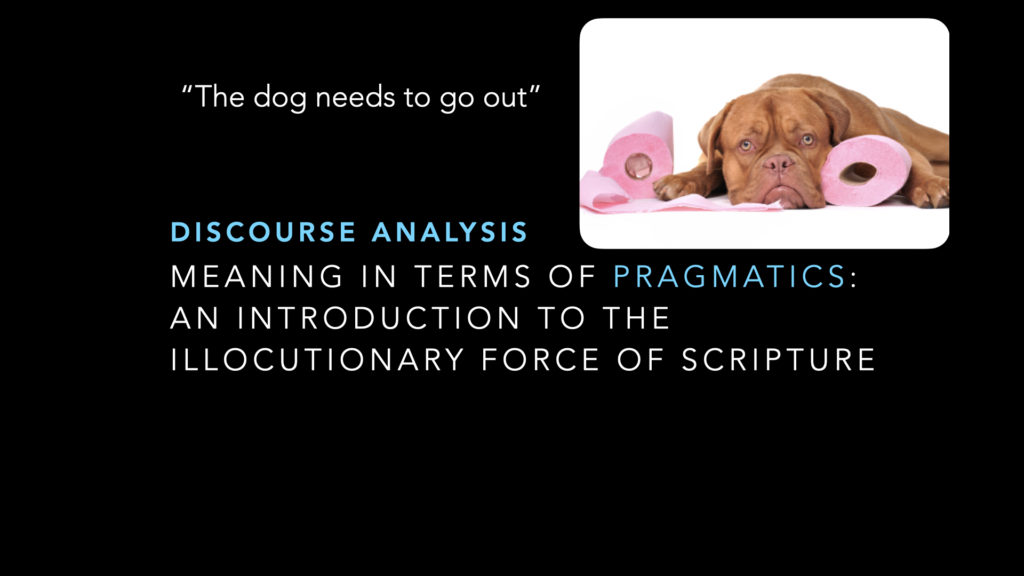
A couple of weeks ago I suggest that we contribute to that glazed look (the Steve Carrel pic) by (1) allowing gaps in the emotional connection between our sermon data and our listener’s response and (2) allowing gaps in the logical connection between our sermon data–even main points–and our listener’s response.
In both cases I am talking about responses in terms of worship responses: what God intends for Scripture to do to the Christian.
An example of the second phenomenon is a sermon on the Beatitudes in Matthew 5.
There are nine “Blessed are’s…” in the section (vv. 1-12). I chose to spend two sermons on all nine (I covered the first three and then the final six).
This type of list can easily cause slumber in the seats because of how easy it is to allow gaps in the logical connection between the individual Beatitude and a worship response.
That means we have to work hard at each Beatitude, each main point if you will, to keep the worship response intact.
I did not do a very good job at this because I chose to cover the final six together: how the blessed ones are described.
Then, it was time to play catch up and connect the dots between Beatitude and God’s intention for announcing such blessings: Kingdom-Made Christians…
- believe the blessing
- stabilize their hope in this upside down world
- assess the degree that they mirror these characteristics
I hope you can see that too many minutes between those bullet points and each Beatitude can create the yawns or blank stares.
May our Lord receive glory in the church and in Christ Jesus (Ephesians 3:21) as work hard to keep strong emotional and logical connections with our listeners who have ears to hear.
Randal










